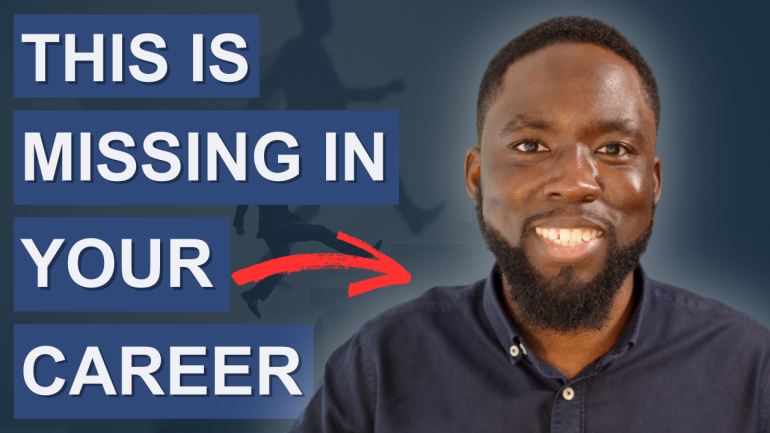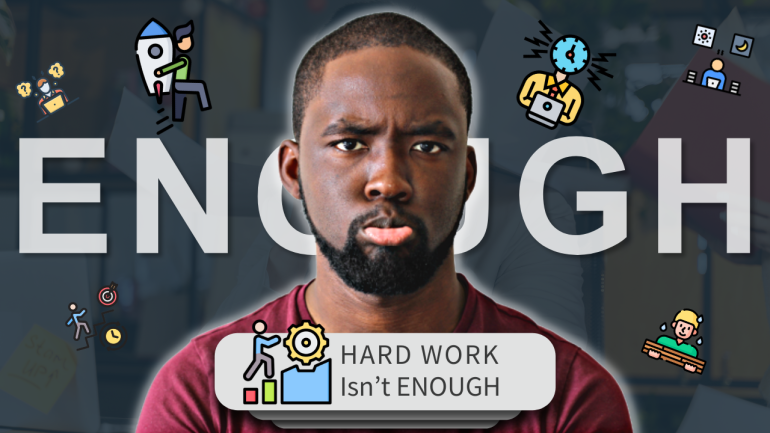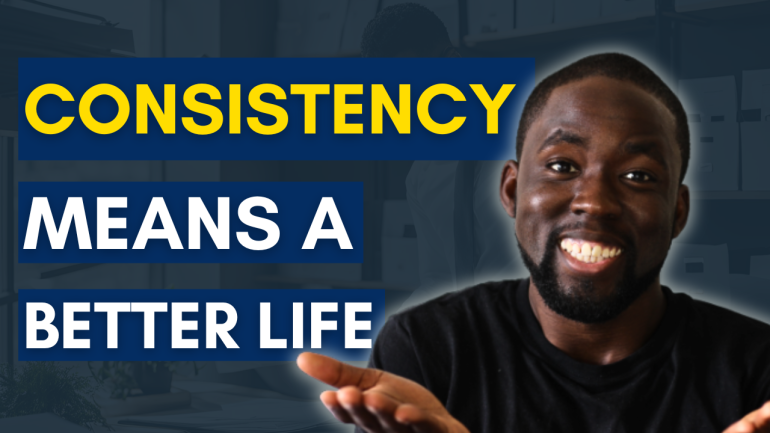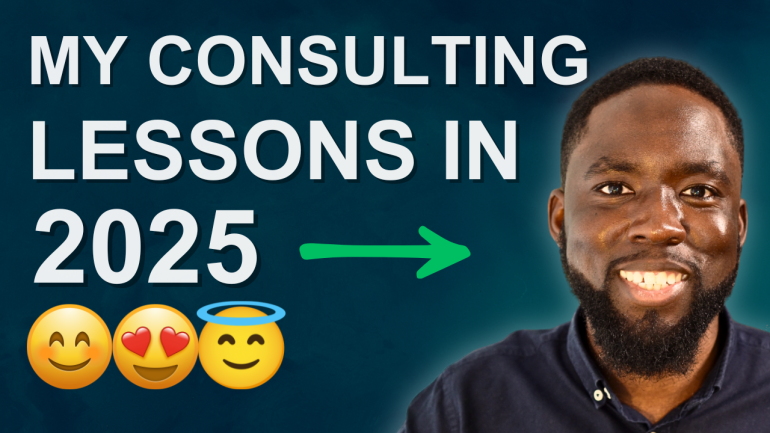9 ways to Define your Career Path
In this generation, there is pressure to know what your career path should be. This is propagated by our visual zeitgeist that displays images of what is perceived to be a success. With these exaggerated pressures, we begin to panic and extend our thoughts towards what career path we would like to take. Career is defined as an occupation undertaken for a significant period of a person’s life and with opportunities for progress. In other words, this needs to be something that you commit to! This cannot be a one-time thing. You could ask the question, “do people actually get into careers these days?” That is a loaded question with many varied answers. You have entrepreneurs, part-time entrepreneurs, consultants, and full-time and part-time employees. Wherever you fit into this category, make sure it is something you are willing to stick to. In order to do that you must like it in some capacity. Here are some ideas to help you find that career:
What are you good at, what are your skills?
Having a clear understanding of what your skills and strengths are will give you a good understanding of what careers are suitable for you. This is because when you look for jobs, there are attributes that are desired by people in that industry. Get familiar with your strengths and write them down in a journal that you reflect upon every 6 months or so. If you have read my posts before you’ll realise I mention the Johari window a lot. This is because it a great for yourself and others to highlight your strengths. You may even decide to do a personal SWOT (Strengths, Weaknesses, Opportunities and Strengths) analysis from this in the future, so you even know what to avoid.

Take a personality test?
If you would like a structured way to determine your potential character style and traits, maybe it pays to do a professional personality test like Myer’s Briggs. Even though these tests only account for your feelings and behaviours you perceive you have in the present of the test, it is still a great way to have a basis to have a comparison between whether you agree with them or not. Sometimes these personality tests are able to match you to potential job roles and careers that suit your character and style. I would definitely check them out and see what you come up.
What values are important to you in your ideal career?
Your values are basically standards you live by or behaviours you expect to live by. This means that whatever you do must fit into the parameters of these values. How do you discover your values? Simple, you write down your hallmark experiences from the age of 16+ including negative and positive describing the event that happened, what you learnt from the situation (write it as if you were explaining it to an apprentice or someone younger than you), and the value in one word that you had learnt. An example of a value could be freedom, integrity or stability. When you are looking for jobs or even endorsing in internships you can see whether these industries, companies and organisations display these characteristics.
What experience do you currently have?
Your curriculum vitae (CV), is a great way to capture your experiences. Update your CV in a pristine manner and clearly outline what experiences you have developed in a job. These need to be roles and responsibilities, things you have achieved such as projects. Then reflect upon your CV and see what you have learnt. One way of reflecting upon what you have learnt is by completing a template-like cover letter that clearly highlights your experiences and lessons learnt from an experience. Another way of capturing this information is by completely filling out your LinkedIn profile. This will allow you to clearly determine what path you may be naturally going down.

What do you want to learn or find interesting?
If you truly think about it what is it that you have always wanted to further develop or learn? Maybe there is an opportunity here for you to expand and go down a career that could be fulfilling. Many people have entered careers based on wanting to learn something or wanting to solve a new problem. Perfect examples of this are scientists or Project Managers. Write down a list of possible interests or problems you want to solve, and delve deeper into industries that satisfy your interests and inquisition.
Get a coach or mentor
The best way to do most things is to involve other people. As Robert Kiyosaki would say using OPM (Other People’s Money) is a great way to financial freedom. I would also add that OPT (Other People’s Time) is a fantastic way to leverage your efforts and channel your actions towards a set and desired goal. In this case, it would be working on defining what career is best for you. Invest in a career coach that can help align you with your potential future goals. If anyone needs help in this department feel free to message me for further help.
In addition, a mentor is a great way to follow someone else’s footsteps and determine how they do things in the workspace. I have so many informal mentors, and to be honest with you they have been phenomenal in their approach to developing my skills for the workspace. A good mentor by nature has a strong sense of emotional intelligence, is accommodating and wants to develop you further. Do not force a mentor relatoinship but when you realise one, hold onto them and provide value where you can.
Scout on LinkedIn

The great thing about social media is that there is now LinkedIn; a platform used to network people within a professional working space. It also gives you the opportunity to read profiles and learn from other people. Some people are scared of profile users finding out that you have checked your profile, but who really cares? I stopped caring 4 years ago when I needed a job. If I want to learn something about a person or industry I will read the profiles leads in those industries and track their professional history based on their LinkedIn profile. It gives me a very good idea of what I can possibly expect to do in order to get to their level. I can then assess whether I think it would be worth my time or not. If you think about it, it is invaluable information that you are receiving, if you only take the time to look…
Ask other people
Asking other people what career they are following is a great way to think and generate ideas about yours. This is because you can determine a pattern of reasoning they used to qualify their decision-making process. Getting ideas from other people is a great way to relay ideas back to your hustle. Record the main themes and think about what it is you could do to embed identity with a chosen career path.
Join a network and newsletter
Joining a newsletter may be a great way to gain industry knowledge about an industry. This could be from a trade association that supplies you with industry news, or the latest updates and innovations to that industry. Knowledge and constant information feeds your confidence and enables you to action to find out more about an industry. In addition, joining networking groups may give you the impetus to talk to people in these industries, as well as aspirational people.
And there you have it, 9 different ways to begin to explore an industry that fits you. Go over these 9 different ways again, and begin to build confidence in directing yourself towards a possible career path of your choice.
Why not check out 100 other ways to stay motivated via this link. I hope you have found value in this article, especially as they are not the most conventional ways the common person employs. Follow through with these ideas properly and I promise, you will be more motivated to take action!
To further develop your understanding of these principles check out my self-published book Understand Reach Expand: 15 Super Effective ways to Manage your Mind out now on Amazon via Kindle and Paperback.
If you want more check out my FREE video series, 5 Models for Success Mastery!








One Comment
Comments are closed.